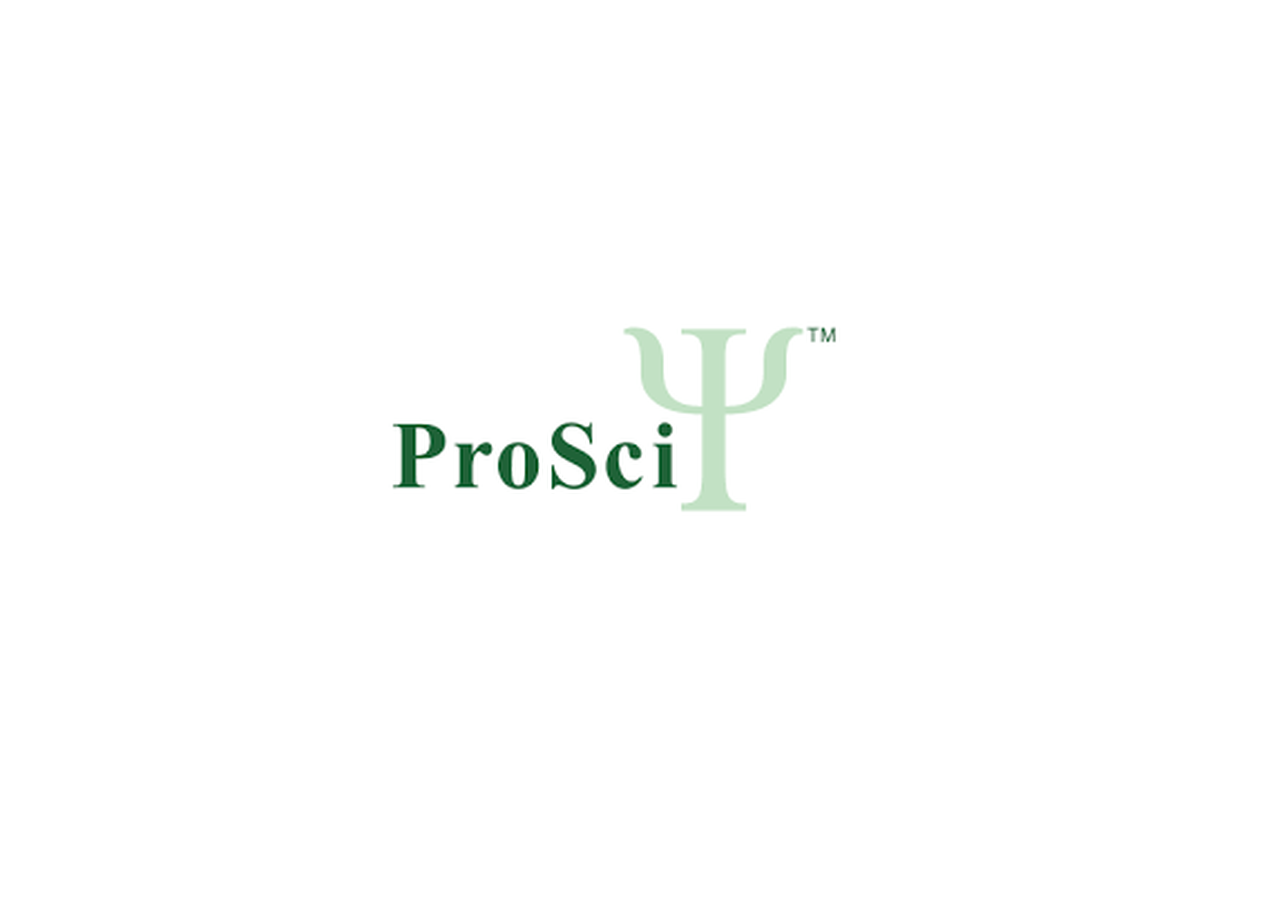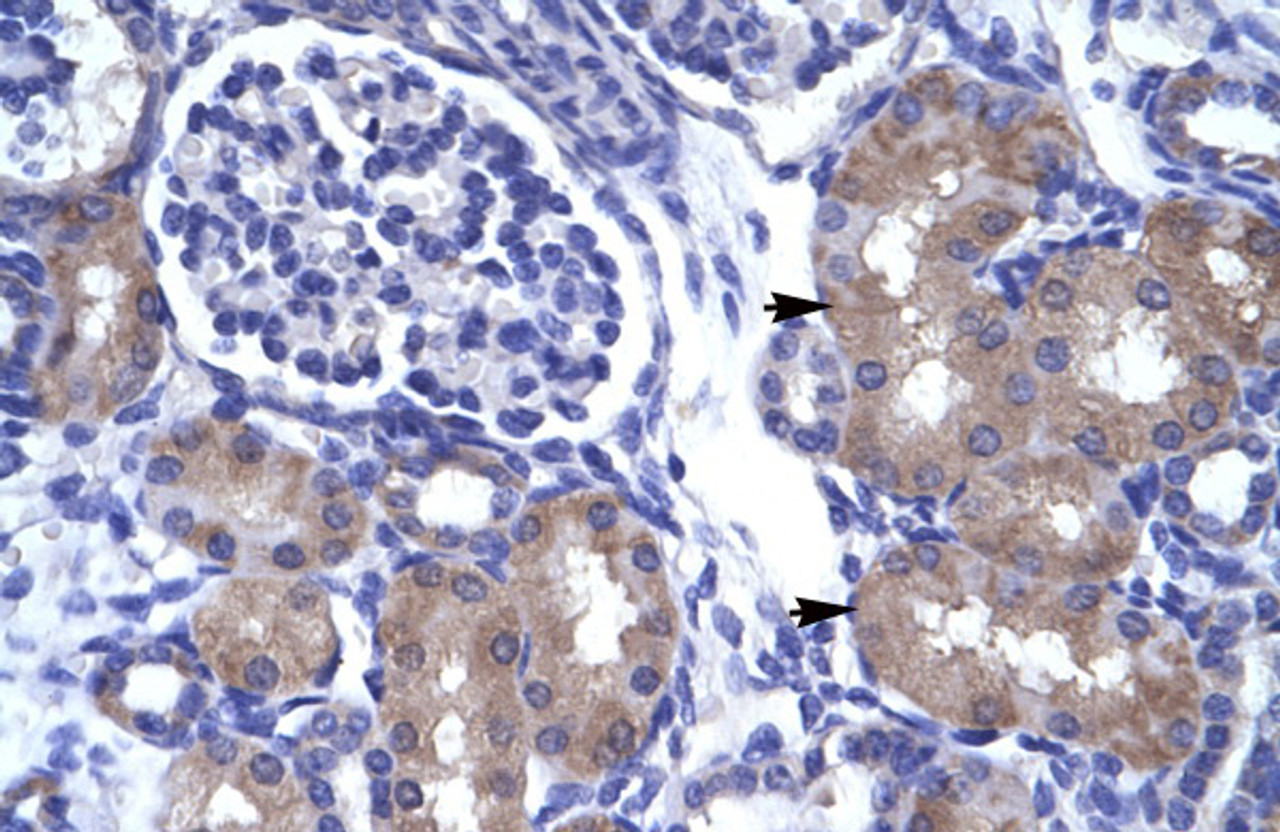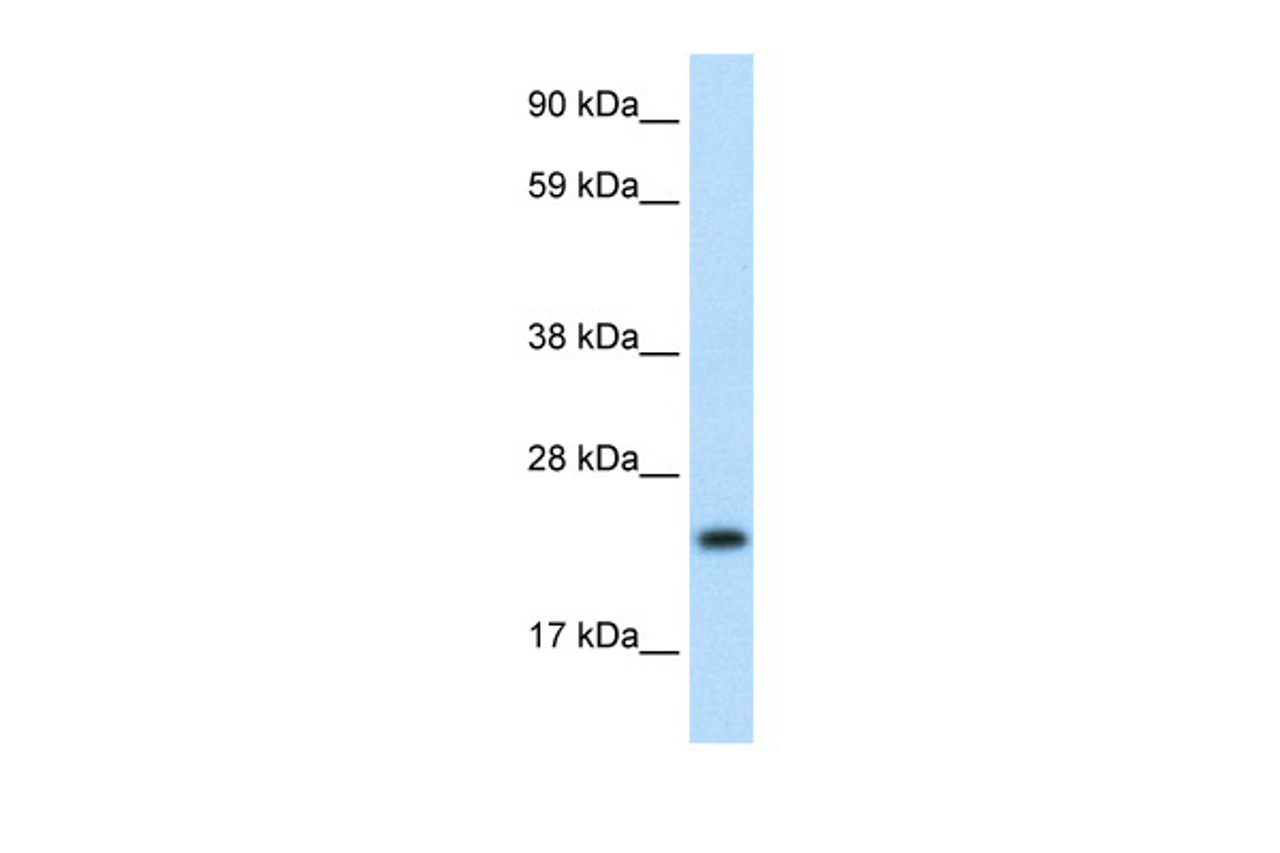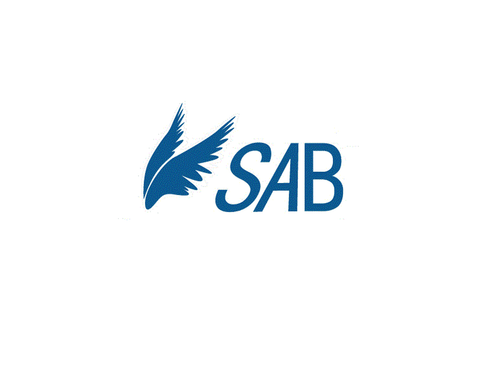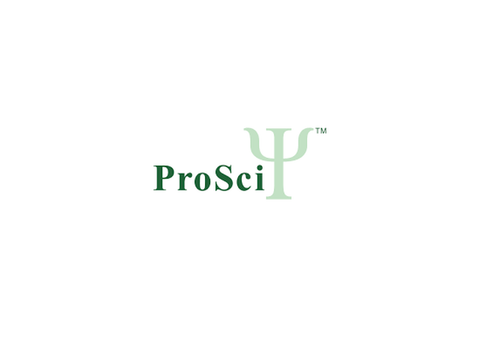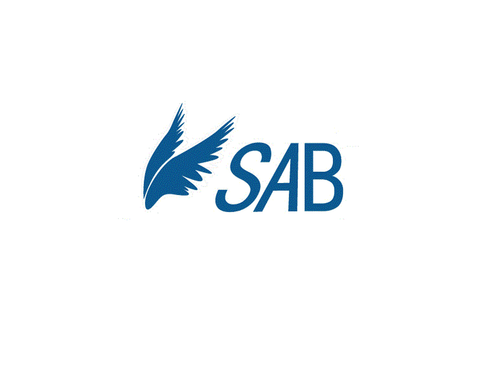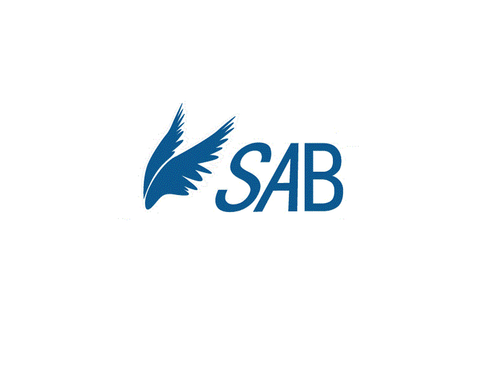Product Description
ASCL1 Antibody | 27-561 | ProSci
Host: Rabbit
Reactivity: Human
Homology: N/A
Immunogen: Antibody produced in rabbits immunized with a synthetic peptide corresponding a region of human ASCL1.
Research Area: Transcription, Cancer, Neuroscience
Tested Application: E, WB, IHC
Application: ASCL1 antibody can be used for detection of ASCL1 by ELISA at 1:312500. ASCL1 antibody can be used for detection of ASCL1 by western blot at 1.25 μg/mL, and HRP conjugated secondary antibody should be diluted 1:50, 000 - 100, 000.
Specificiy: N/A
Positive Control 1: Cat. No. XBL-10426 - Fetal Thymus Tissue Lysate
Positive Control 2: N/A
Positive Control 3: N/A
Positive Control 4: N/A
Positive Control 5: N/A
Positive Control 6: N/A
Molecular Weight: 25 kDa
Validation: N/A
Isoform: N/A
Purification: Antibody is purified by protein A chromatography method.
Clonality: Polyclonal
Clone: N/A
Isotype: N/A
Conjugate: Unconjugated
Physical State: Liquid
Buffer: Purified antibody supplied in 1x PBS buffer with 0.09% (w/v) sodium azide and 2% sucrose.
Concentration: batch dependent
Storage Condition: For short periods of storage (days) store at 4˚C. For longer periods of storage, store ASCL1 antibody at -20˚C. As with any antibody avoid repeat freeze-thaw cycles.
Alternate Name: ASCL1, ASH1, HASH1, MASH1, bHLHa46
User Note: Optimal dilutions for each application to be determined by the researcher.
BACKGROUND: ASCL1 encodes a member of the basic helix-loop-helix (BHLH) family of transcription factors. The protein activates transcription by binding to the E box (5'-CANNTG-3') . Dimerization with other BHLH proteins is required for efficient DNA binding. This protein plays a role in the neuronal commitment and differentiation and in the generation of olfactory and autonomic neurons. It is highly expressed in medullary thyroid cancer and small cell lung cancer and may be a useful marker for these cancers.
 Euro
Euro
 USD
USD
 British Pound
British Pound
 NULL
NULL

